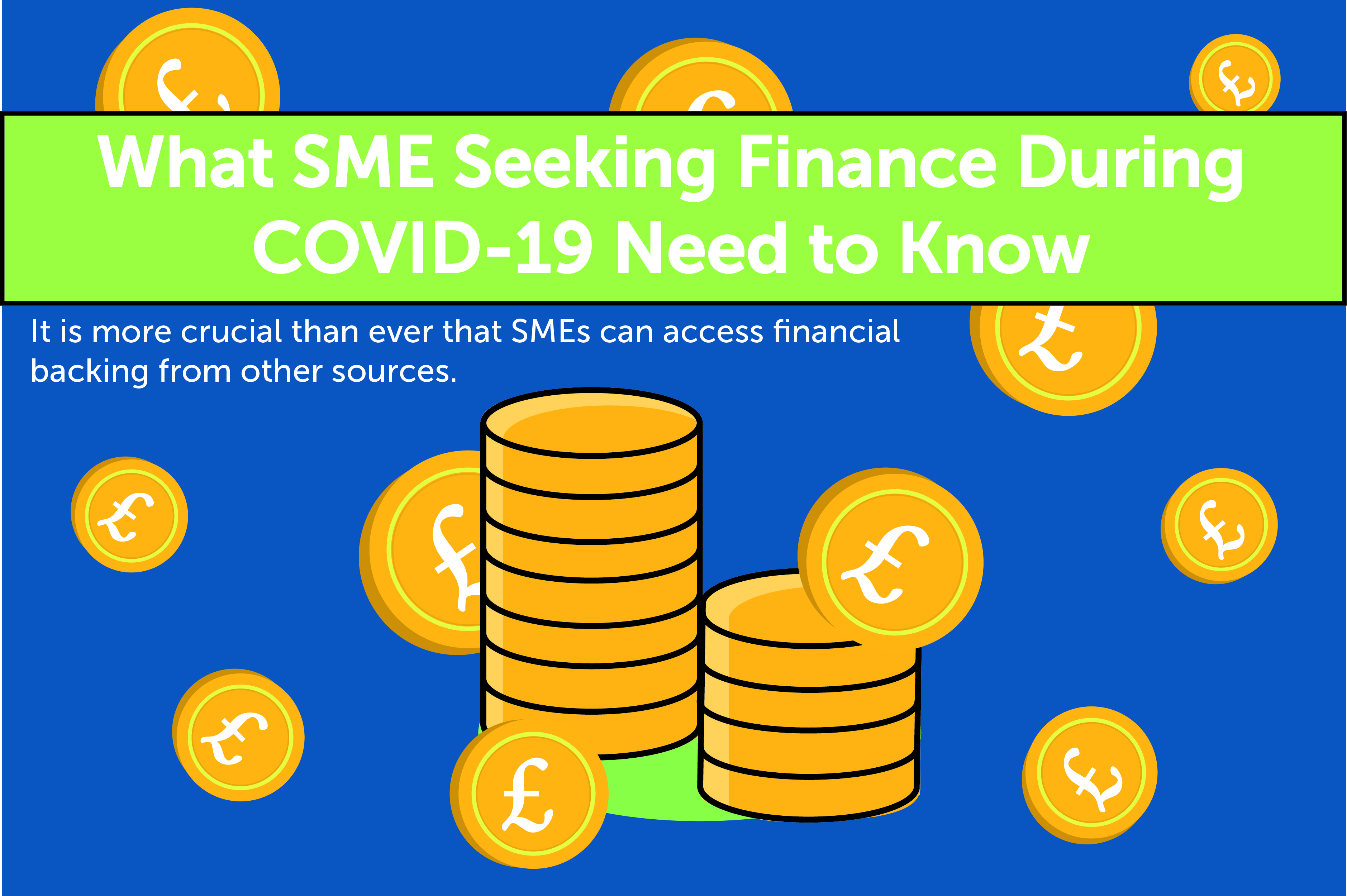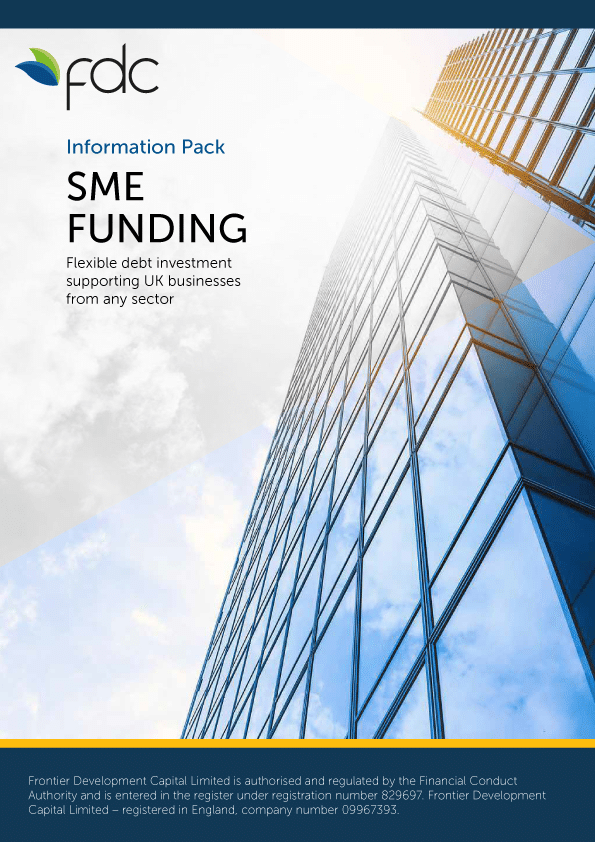

Information Pack
DEBT FUNDING
For more information about FDC funds available download our pack, or get in touch and we’ll answer your questions.
Related News:


For more information about FDC funds available download our pack, or get in touch and we’ll answer your questions.
Related News: